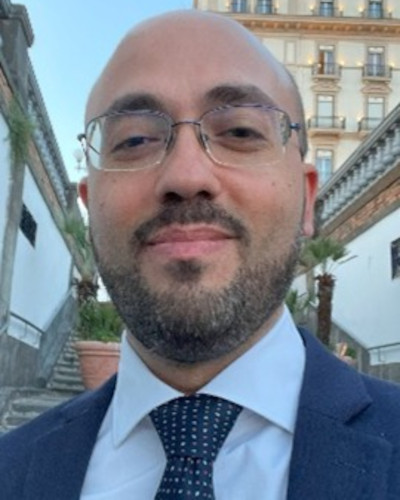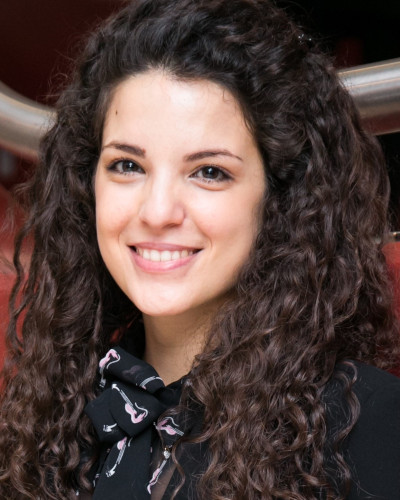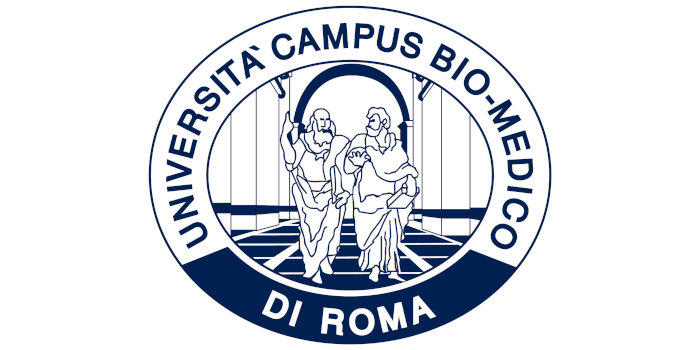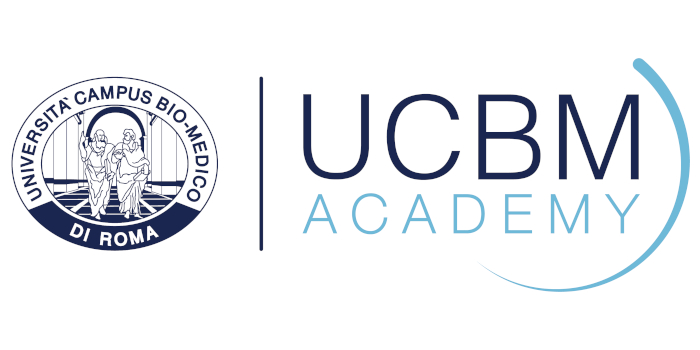SPECIAL SESSION #6
Optic and Electronic Sensors for Real-Time Physiological Monitoring
ORGANIZED BY
Michele Riccio
University of Naples Federico II, Italy
Elena De Vita
University of Naples "Parthenope", Italy
ABSTRACT
Recent advances in opto-electronic sensing technologies are enabling precise and robust monitoring of human physiological signals in a variety of experimental and real-world settings. This special session invites contributions on the design, development, and application of novel sensing platforms and integrated systems for acquiring and interpreting physiological signals in biomedical research and practice.
Applications include, but are not limited to, fiber-optic, optical, and electronic sensor integration, multi-sensor synchronization for capturing physiological parameters such as motion, pressure, flow, or temperature, cardio-respiratory, and motion tracking, and innovative approaches for acquiring, processing, and interpreting physiological data.
TOPICS
Submissions are welcome on, but not limited to, the following topics:
- Novel (photo)-plethysmographic sensors;
- Novel cardio-respiratory sensing systems;
- Novel sensors for neuro-motor testing;
- Integration of sensors in biomedical and behavioral studies;
- Sensing solutions for thermal therapies;
- Wearable and lab-based instrumentation for motor assessment;
- Multi-sensor architectures and modular system design;
- Signal conditioning and post-processing for physiological data interpretation;
- Feature extraction and modeling from bio-signals;
- Novel approaches for smart-sensors enhanced by Edge-AI technique.
ABOUT THE ORGANIZERS
Michele Riccio (Senior Member, IEEE) received the B.Sc., M.Sc., and Ph.D. degrees in electronics engineering from the University of Naples Federico II, Naples, Italy, in 2004, 2007, and 2011, respectively. He is currently an Associate Professor with the Department of Electrical Engineering and Information Technology, University of Naples Federico II. His research interests include electrothermal characterization, modeling, and simulation of semiconductor power devices; the design of embedded systems for the Internet of Things (IoT) and wearable health devices; smart sensors for biomedical applications with Edge AI technology.
Elena De Vita (Member, IEEE) received the Ph.D. degree in information and communication technology and engineering from the University of Naples “Parthenope,” Naples, Italy, in 2022. Currently, she is Assistant Professor with the Department of Engineering, University of Naples “Parthenope.” Her research focuses on the design, development, and testing of fiber optic sensors for biomedical and structural monitoring applications.






